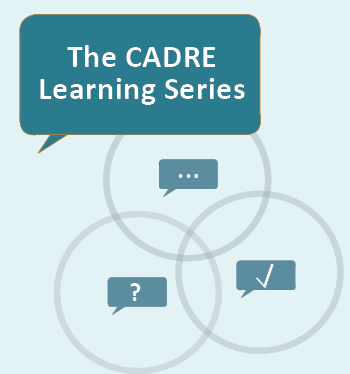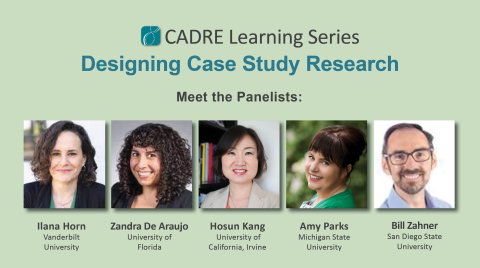Several recent studies have focused on helping students understand the limitations of empirical arguments (e.g., Stylianides, G. J. & Stylianides, A. J., 2009, Brown, 2014). One view is that students use empirical argumentation because they hold empirical proof schemes—they are convinced a general claim is true by checking a few cases (Harel & Sowder, 1998). Some researchers have sought to unseat students’ empirical proof schemes by developing students’ skepticism, their uncertainty about the truth of a general claim in the face of confirming (but not exhaustive) evidence (e.g., Brown, 2014; Stylianides, G. J. & Stylianides, A. J., 2009). With sufficient skepticism, students would seek more secure, non-empirical arguments to convince themselves that a general claim is true. We take a different perspective, seeking to develop students’ awareness of domain appropriateness (DA), whether the argument type is appropriate to the domain of the claim. In particular, DA entails understanding that an empirical check of a proper subset of cases in a claim’s domain does not (i) guarantee the claim is true and does not (ii) provide an argument that is acceptable in the mathematical or classroom community, although checking all cases does both (i) and (ii). DA is distinct from skepticism; it is not concerned with students’ confidence about the truth of a general claim. We studied how ten 8th graders developed DA through classroom experiences that were part of a broader project focused on developing viable argumentation.

